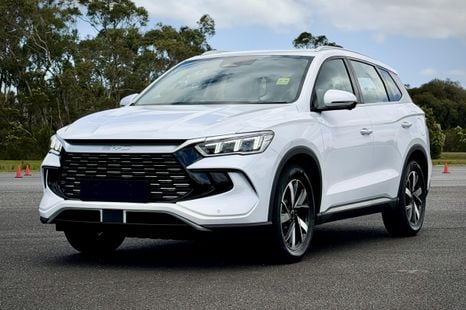

Ben Zachariah
2026 BYD Sealion 5 Essential review
2 Hours Ago
Driving in Victoria is infuriating at the best of times, but it's worse than ever at the moment. Here's why.

Contributor
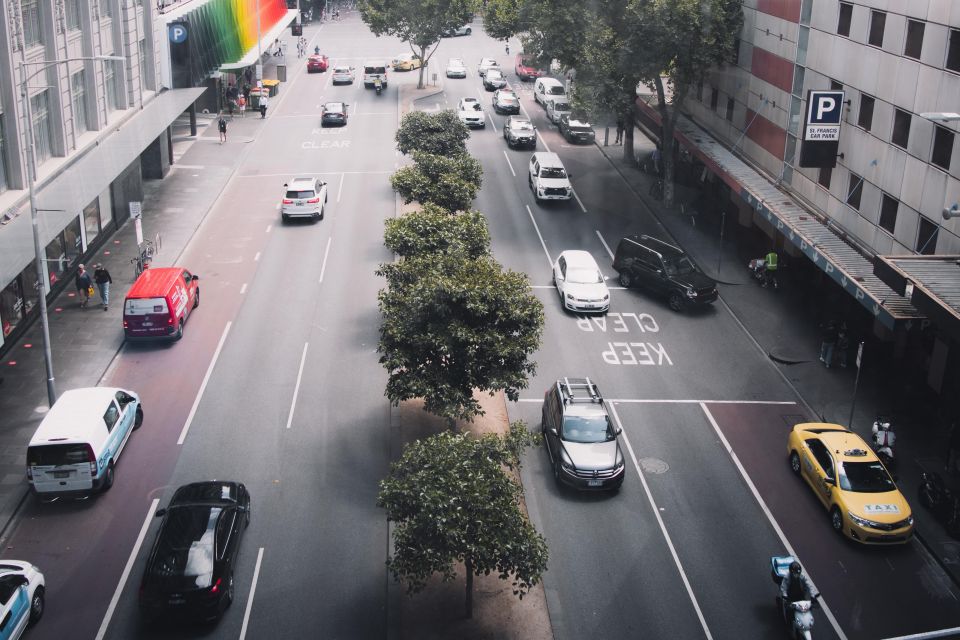

Contributor
I love living in Victoria – except for when it comes time to drive anywhere.
Construction projects causing chaos, a stronger-than-ever focus on enforcing low-level speeding to pay off ballooning COVID debt, and country highways in need of repair after lashings of wild weather are annoying enough in isolation, but the combination is enough to make your blood boil.
It might seem short-sighted to whinge about road projects designed to make it easier to get around Melbourne when they’re done, but the slapdash way changes to major arterials are being handled is enough to make you weep.
Random lane closures, arbitrary speed limits lingering without any works going on, and thoughtless detours forcing huge volumes of traffic down roads just not designed to handle it are commonplace at the moment, turning every commute into an infuriating lucky dip.
Some days it takes me 25 minutes to drive home. Others, it takes close to an hour on the same roads because another arterial is crippled or closed by roadworks. The worst days are when three projects all decide they need to close lanes at the same time, grinding the city to a halt completely.

It doesn’t help that some of the city’s busiest train lines are currently down as well, and that trams are every bit as susceptible to gridlock as cars… and buses.
Good news is, the biggest projects are running behind schedule and over budget.
If you are able to escape the gridlock, you’d best prepare for war.
Victorian country roads look like they’ve been shelled at the moment, with potholes big enough to swallow what passes for a small car in 2023 and random surface changes from cheap, nasty patch jobs forcing you to drive on high alert all the time.
I recently drove from Melbourne to Falls Creek, and the standard of roads that aren’t the Hume is staggeringly bad. There’s one pothole (on the way into Tawonga, if you’re headed that way) that’s genuinely big enough to swallow a wheel whole and spit it out in pieces.
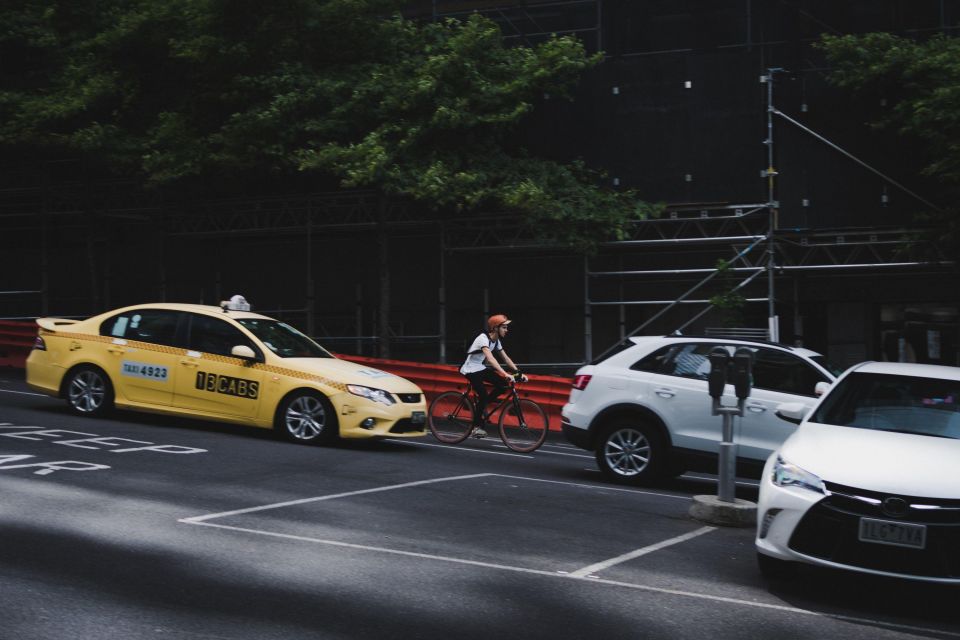
It’s an issue around the state; our video team reports the highway to Lang Lang is a minefield that gets worse by the week, and our very own William Stopford recently reported there was an instant decline in the quality of roads after crossing from New South Wales into Victoria.
Anecdotal? Maybe, but there’s no official report documenting the number of potholes on Victorian roads, and I got into journalism because maths isn’t my strong suit, so anyone who thinks I should go out and count them is barking up the wrong tree.
This year’s state budget shows spending on road maintenance has dropped significantly since 2020.
Also officially reported is the road toll, which to date in Victoria is sitting at 153. That’s an increase of 28.6 per cent on the same period in 2022, and is the highest it’s been since 2019.
The solution from our government, of course, is to throw more speed cameras at the problem.
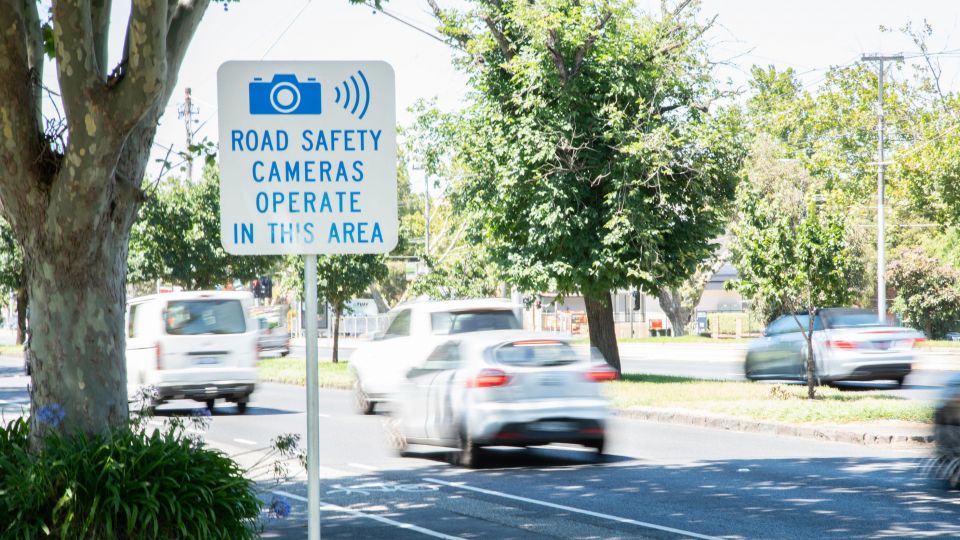
That doesn’t make the roads safer, given you can’t retrospectively slow down when a fine hits your mailbox.
It makes drivers nervous, encouraging them to stare at the speedo instead of the road ahead, and it fills government coffers that are looking barer than ever after a disastrously expensive response to COVID. But cutting the road toll? The numbers prove speed cameras simply aren’t working anymore.
The solution to the road toll of course is driver training, but that costs money – and we’re only allowed to use cash to overpay tunnel workers, install speed cameras, or develop branded cladding telling gridlocked motorists which slow, expensive road project is holding them up today.
If you ask one particularly dim Victorian MP, the solution is actually for everyone to just turn on theirheadlights. If only we all lived in such a simple world.
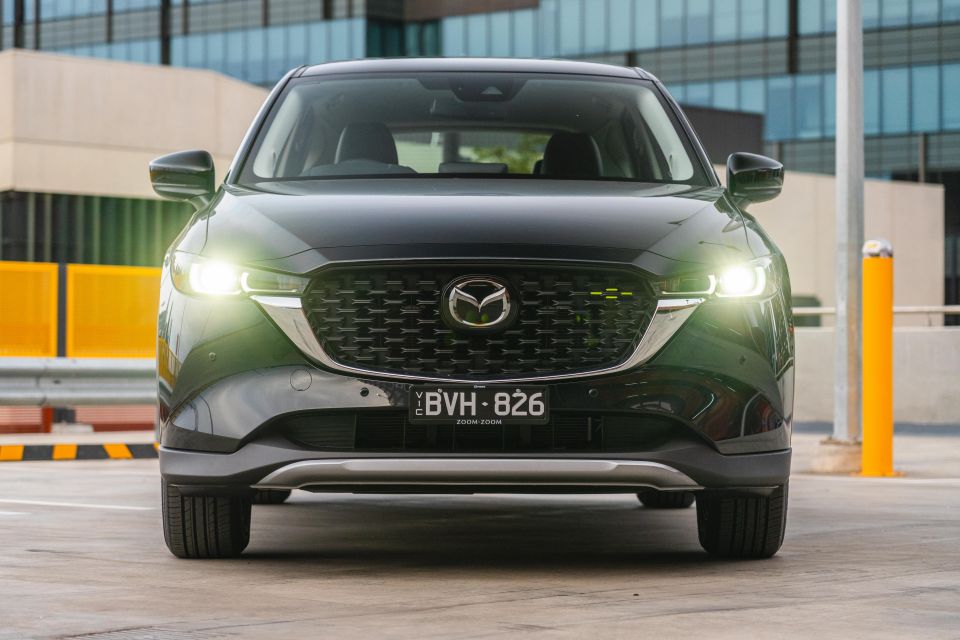
Just to recap, we’re barely moving in the city thanks to a slew of construction projects that are running behind time and over budget. If you can make it out of the city, you’re faced with crumbling rural roads that threaten your comfort at best, and wheels at worst.
Our government’s solution to these problems is to double down on low-level speed enforcement.
Now, does anyone have a room for rent in New South Wales?
Scott Collie is an automotive journalist based in Melbourne, Australia. Scott studied journalism at RMIT University and, after a lifelong obsession with everything automotive, started covering the car industry shortly afterwards. He has a passion for travel, and is an avid Melbourne Demons supporter.


Ben Zachariah
2 Hours Ago
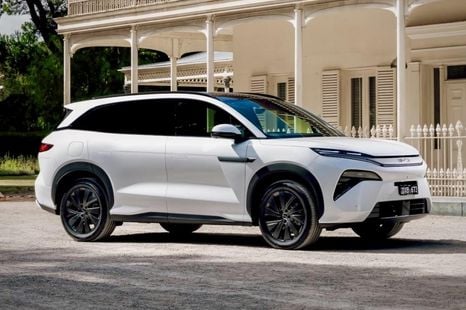

Ben Zachariah
2 Hours Ago
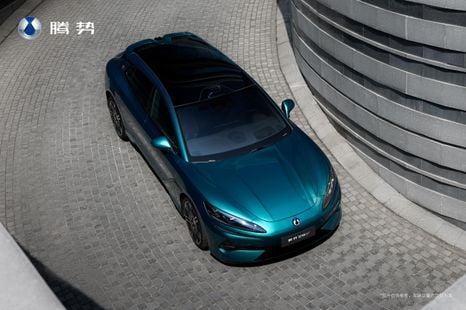

William Stopford
8 Hours Ago
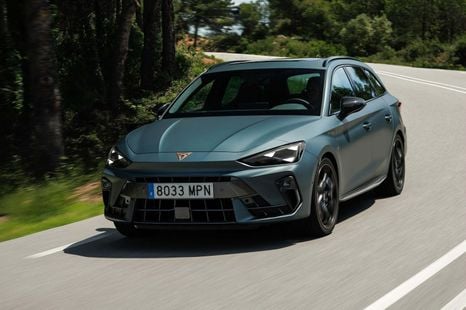

William Stopford
9 Hours Ago
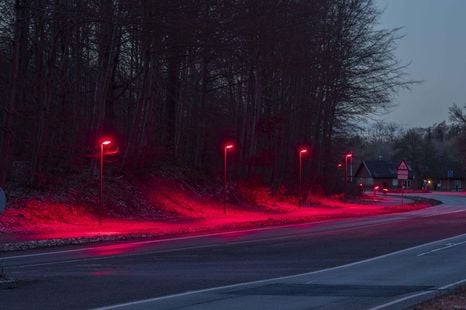

Damion Smy
12 Hours Ago
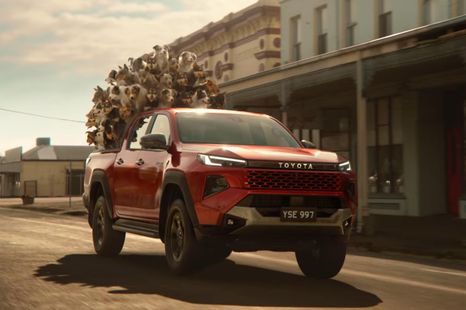

Damion Smy
13 Hours Ago
Add CarExpert as a Preferred Source on Google so your search results prioritise writing by actual experts, not AI.